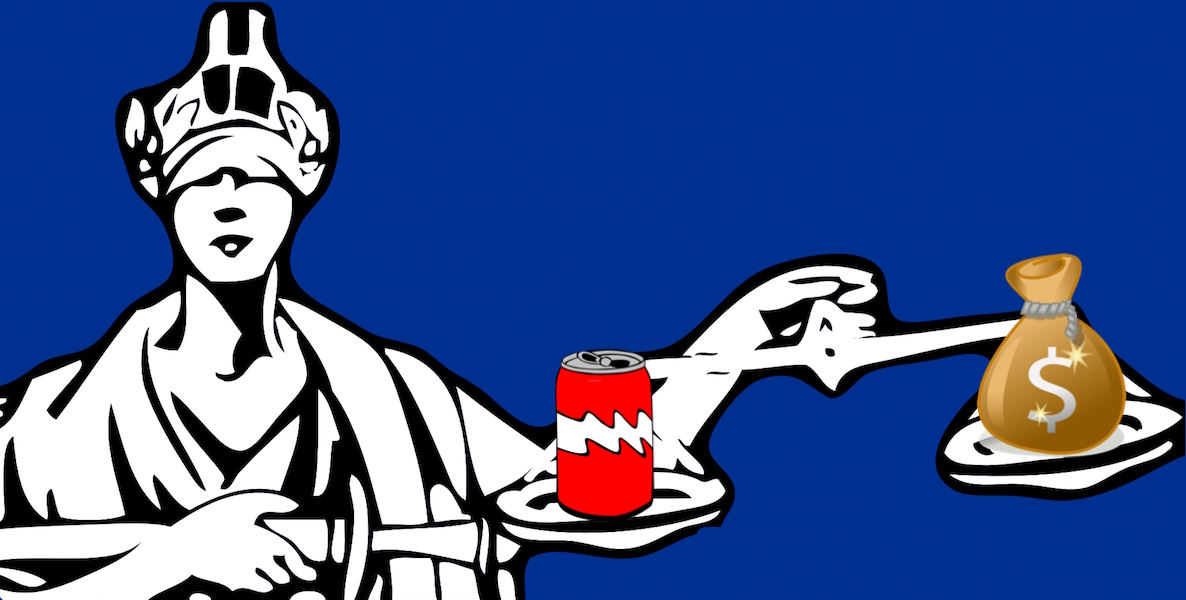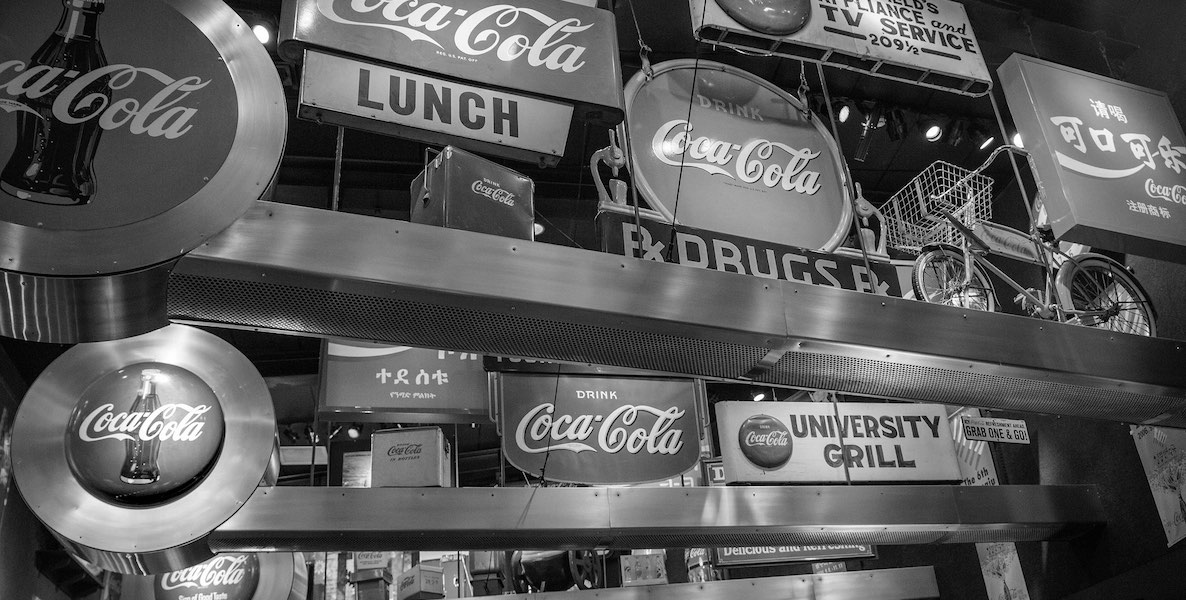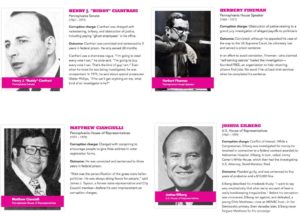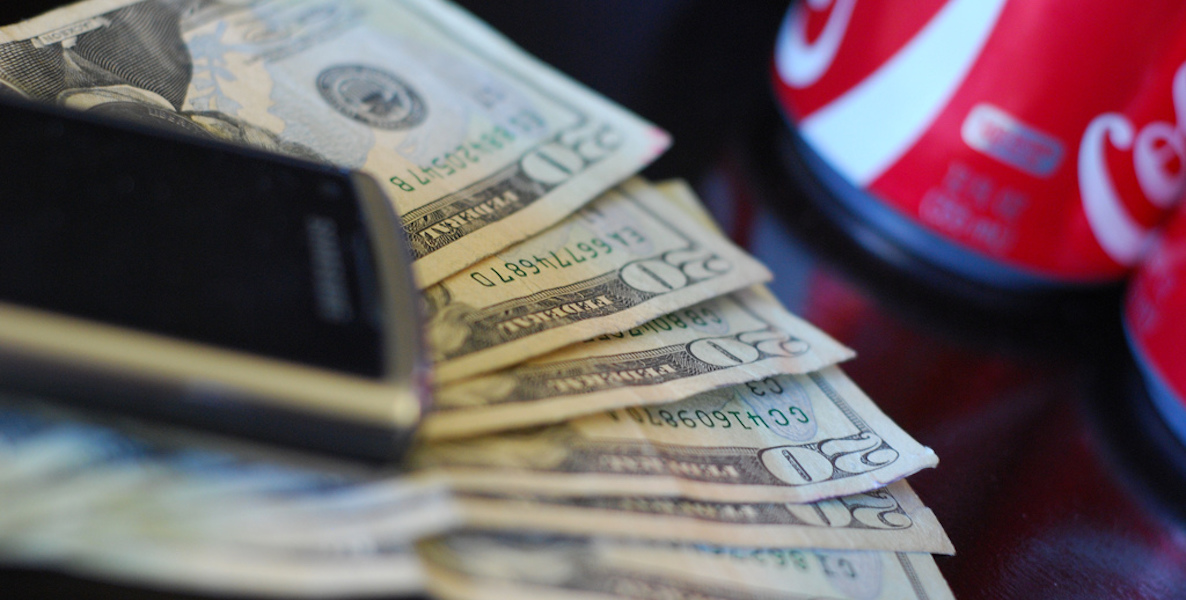You may have missed this latest nugget late last week. Some enterprising reporters at The Daily News noticed a curious name on Mayor Kenney’s latest campaign finance report. Someone named Rodney Carpenter had been paid $25,000 by the mayor’s political action committee since April.
Be Part of the Solution
Become a Citizen member.Well, no Rodney Carpenter shows up on a Google search. But the address for Carpenter listed on Kenney’s report, the reporters found, was the same as the North Broad Street home of Nation of Islam Muhammad Mosque No. 12. Could Rodney Carpenter be a pseudonym for Minister Rodney Muhammad, who is also president of the Philadelphia NAACP?
You bet. Turns out, Muhammad has been paid as a consultant by the mayor’s pro-![]() soda tax lobbying machine—the same regressive tax that disproportionately adversely affects the poor, many of whom are African American. The Kenney campaign spokesman couldn’t even tell the Daily News reporters just what Muhammad did for his $25,000.
soda tax lobbying machine—the same regressive tax that disproportionately adversely affects the poor, many of whom are African American. The Kenney campaign spokesman couldn’t even tell the Daily News reporters just what Muhammad did for his $25,000.
Subterfuge notwithstanding, this would appear to be no big deal, right? This kind of thing is business as usual in Philly, right? Sadly, yes. Welcome to the most insidious type of Philadelphia corruption: The perfectly legal kind.
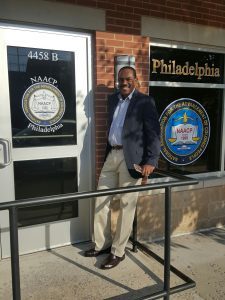
Tales of Seth Williams’ pilfering, Kathleen Kane’s lies under oath and Chaka Fattah’s bank fraud get the bold headlines, as well they should. Our shameful history of political scoundrels even led us to publish our Philly Corruption All-Star playing cards—you can trade them with your friends. (“I’ll give you a Fumo for a Leanne ‘I am The F$#ing Senator’ Washington”).
But it’s really the cynical and shady shenanigans like the Muhammad contretemps that, while legal, make our city stand out as a political cesspool. And it’s the shoulder-shrugging acceptance of such behavior that ensures that said cynicism and shadiness will continue.
Let’s define our terms. When I talk about “legal corruption,” I’m talking about dishonest or unethical behavior by those in positions of authority that is nonetheless within the bounds of the law. Let’s recap just a few other examples of our culture of legal corruption:
- Councilmanic Prerogative, which is code for the handshake agreement that gives near-absolute power to each of our district City Council members over development projects on their turf. Remember how long it took for the Barnes to relocate to the city? That was, in part, because Councilwoman Jannie Blackwell blocked the relocation of the city’s Youth Detention Center to her West Philadelphia district for years—until she got a $12 million grant for a community center named after her late husband.
- City Council’s Secret Budget. Each year, 15 separate city agencies appear before our august legislative body in order to justify their spending of taxpayer dollars. One such entity, as has long been customary, is exempt from such transparency: Council itself, which doesn’t subject its own $17 million to public scrutiny. If you search the city website real hard, you can find an unitemized budget; Council’s fiscal 2018
 proposed appropriations includes a $1,904,485 line item for “Purchase of Services.” Presumably, that convenient pot of money is what enabled Council President Darrell Clarke to create a new position for his buddy, former Councilman Wilson Goode, Jr., after voters booted Goode from office in 2015. Suddenly, Goode was back in City Hall, as Clarke’s senior policy adviser, making $135,000 in taxpayer money—$6,000 more than he was taking in as a Councilman. That’s how Philly works—completely legal sweetheart deals between insiders with hardly any transparency and even less accountability.
proposed appropriations includes a $1,904,485 line item for “Purchase of Services.” Presumably, that convenient pot of money is what enabled Council President Darrell Clarke to create a new position for his buddy, former Councilman Wilson Goode, Jr., after voters booted Goode from office in 2015. Suddenly, Goode was back in City Hall, as Clarke’s senior policy adviser, making $135,000 in taxpayer money—$6,000 more than he was taking in as a Councilman. That’s how Philly works—completely legal sweetheart deals between insiders with hardly any transparency and even less accountability. - “Nice Little Soda Business You Got There. It Would Be A Shame If Something Were To Happen To It.” It was perfectly legal when Mayor Kenney showed up to a meeting with soda bottler honcho Harold Honickman prior to the passage of the soda tax not with an officer of the city government—like Clarke—but, rather, with labor leader John Dougherty by his side. Honickman might have been forgiven had he inferred from Johnny Doc’s presence an ominous message, given what has proven to be Kenney’s modus operandi: Eschewing the finding of common ground in favor of Trump-like bullying.
It’s the cynical and shady shenanigans like the Muhammad contretemps that, while legal, make our city stand out as a political cesspool. And it’s the shoulder-shrugging acceptance of such behavior that ensures that said cynicism and shadiness will continue.
So why does L’affaire Muhammad qualify as legally corrupt? Well, it’s certainly dishonest. Seriously, Rodney Carpenter? And it smacks of the worst kind of cynicism, yet another example of a sophisticated perversion of progressivism orchestrated by the mayor.
Like many progressives, I was convinced by the studies that funding pre-K and rebuilding our parks and rec centers was smart, longterm economic development. That, during the mayoral campaign, candidate Kenney pledged to fund both efforts through innovative zero-based budgeting only made the policy seem even more groundbreaking.
![]()
Lo and behold, it’s going on two years since candidate Kenney interviewed for his job, and long gone is the innovative funding model; the soda tax is disproportionately harming the mayor’s own working class constituency; only 49 percent of the tax is actually funding local pre-K programs; and Council’s grubby Councilmanic Prerogative hands are already all over Rebuild, turning it into a cluster of giant proportions.
This is progressivism? Where are the voices meant to stand up for the average working class taxpayer? Oh, that’s right. Rodney Muhammad was supposed to be one of them.



